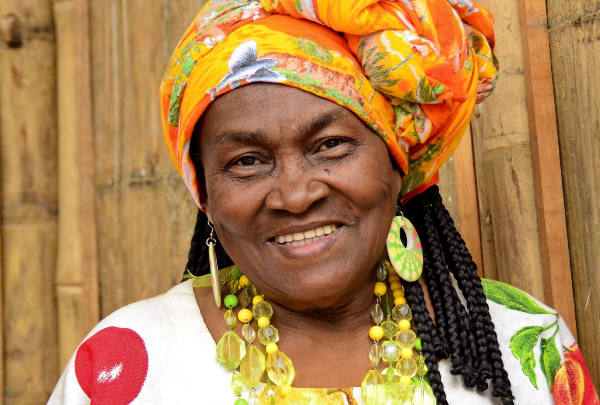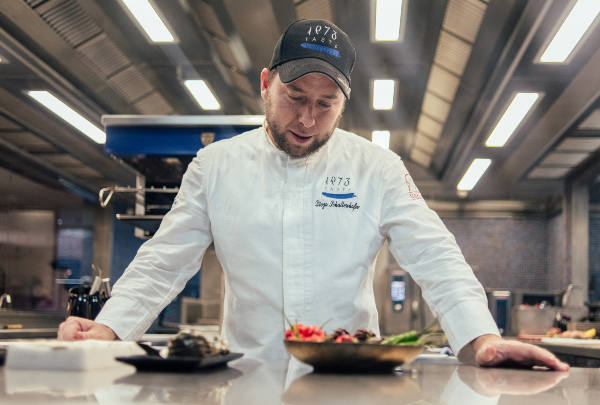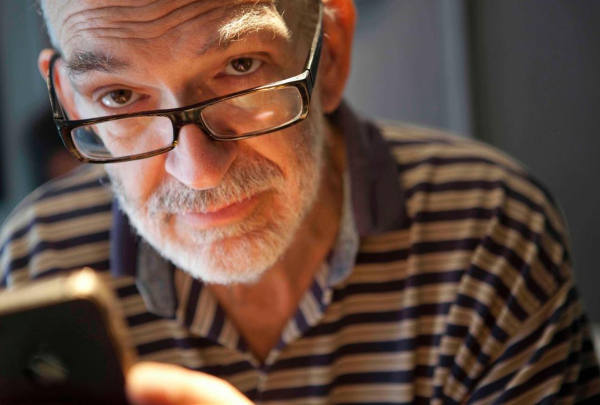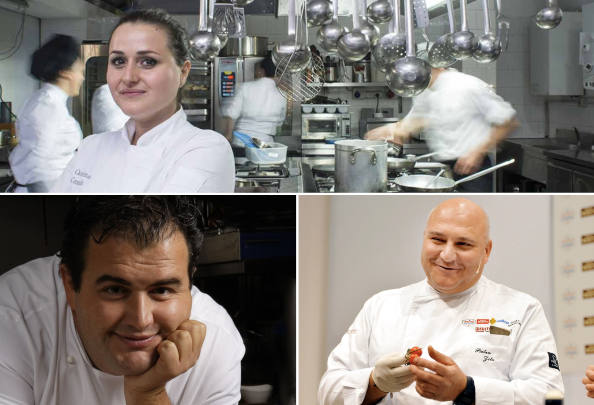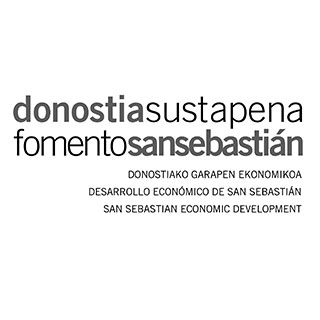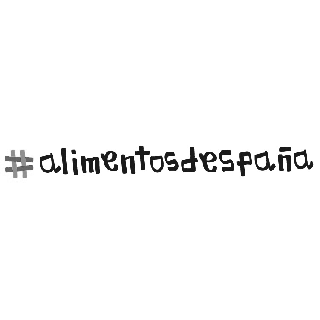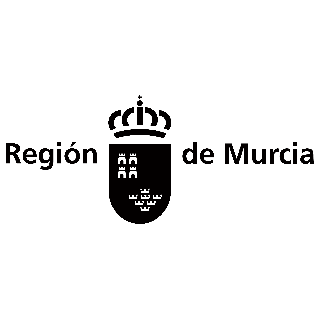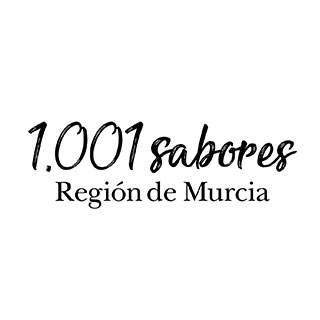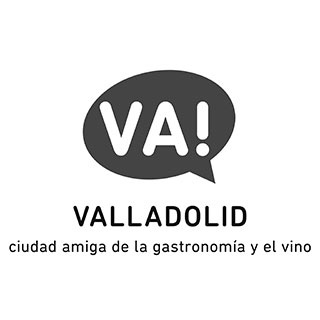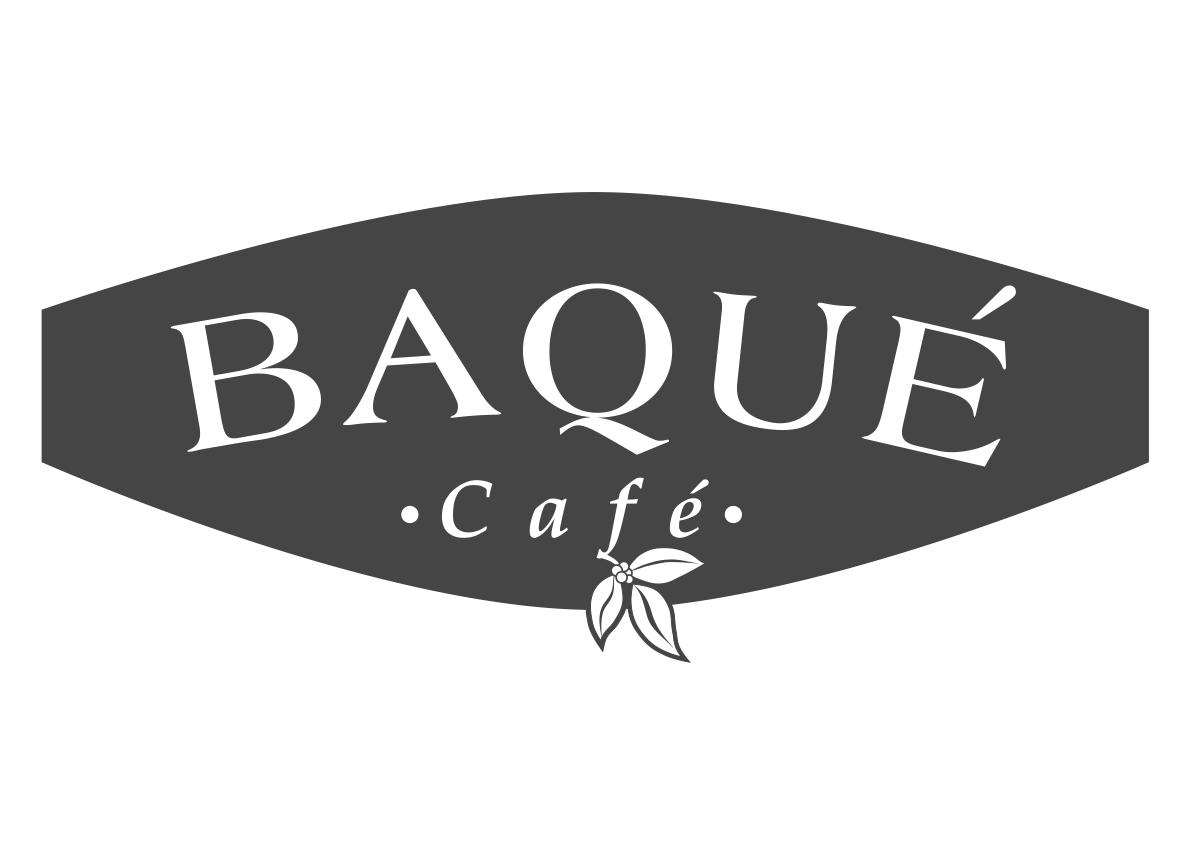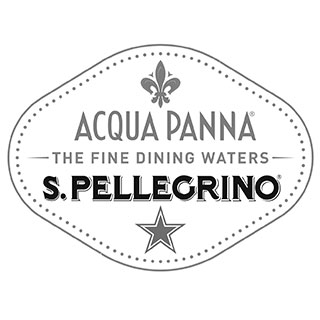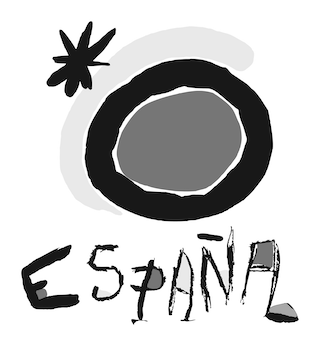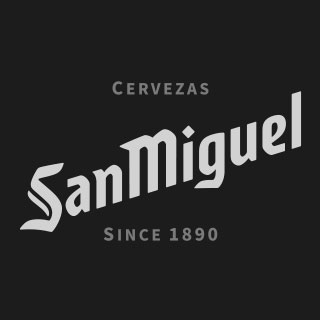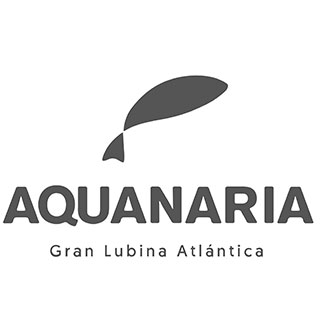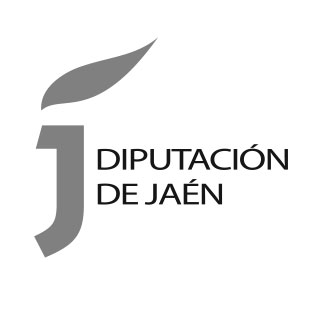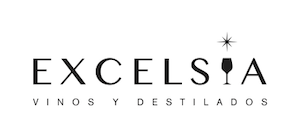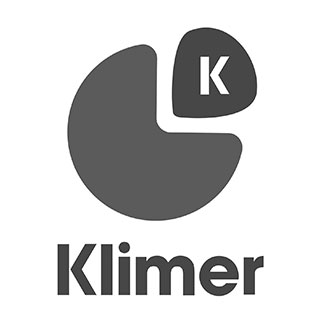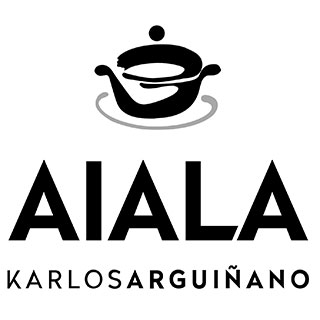Interview
Romain Fornell: “France and Spain have made gastronomy international”
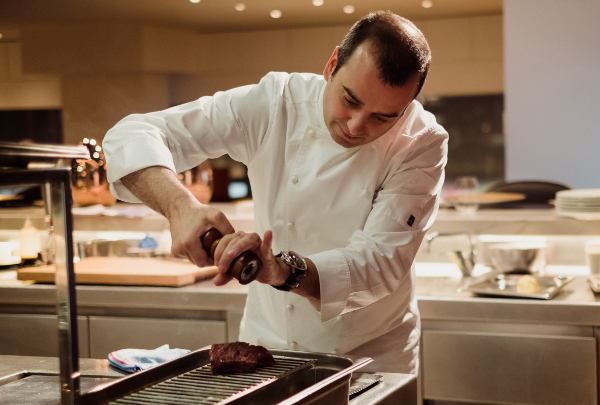
This "Barcelona Frenchman" can delve into the gastronomic criterion of the Pyrenees' two "sister" perspectives, of France's world ascendancy and the lack or no lack of leading French players nowadays.
“If we can maintain Spanish daring and creativity alongside the respect and sturdiness of French cooking, we'll create a perfect mix”. Romain Fornell was born in Toulouse (1976), but he grew up and developed his personality in Barcelona, where he runs the Michelin-starred Caelis and half a dozen restaurants and outlets catering for the general public. This is why the "Barcelona Frenchman" can delve into the gastronomic criterion of the Pyrenees' two "sister" perspectives, of France's world ascendancy and the lack or no lack of leading French players nowadays. The name Mauro Colagreco comes up in this regard, "another one who'll always be the outsider, like me”.
Fornell will be at San Sebastian Gastronomika Euskadi Basque Country 2021, an event bringing together French and Spanish chefs once again. “A unique opportunity to demonstrate our unity" and to discuss origins and local produce, the produce that has led to a shift in his concept of gastronomy: “20 years ago I brought in French produce. Now we're using more local products to keep on creating our cuisine which is still inspired by France”. We listen to him, and hear how he conquered the people of Barcelona when he arrived in the city in 2002.
You're 44 years old, and you've spent half your life in Barcelona. When they ask you where you're from, what do you say?
I say I'm from Barcelona. I feel I'm a Frenchman from Barcelona.
Got you tracked. Let's go on. October 2021. How are Caelis and your other businesses doing?
Fine. As long as things don't mess up, we're doing all right. We worked hard during the pandemic to make sure we came out of it right. We focused on training our crew, and digitalising many of our corporate facets, tidying things up. And all that work seems to be bearing its fruits. We've restructured the company and fine-tuned it to bring in profiles we didn't have before, and we reconverted other profiles where there were too many of us working on the same thing. All in all, even though we suffered, and suffered a lot, for me the downtime was a boon that enabled me to reorganise the whole company.
A change that did away with the outlet you were managing in Andorra ...
Yes, we let it go. It's been taken over by Nandu Jubany. But that "loss" allowed us to focus on Barcelona. Think better thoughts. In that regard, for example, we decided to open for only four days in Caelis, and we're bringing in more revenue than before.
?
Sometimes, less is more. When we were able to open again last year we decided to open for only four days. That way we find it much easier to organise our bookings, and we can optimise staff by giving them three days off. We give them greater motivation and greater involvement, and diners notice that.
The claim you made to an insurance company for losses incurred by the closures ordered during the pandemic made the news. How is that going?
The only thing I'm claiming is our rights. We had a contract with operating losses and we homed in on certain clauses, like some restauranteur colleagues in Girona and Andalusia. In our case, the judge has now appointed a specialist, and we're waiting for the hearing to continue the fight. We've nothing to lose, and I think we have the right arsenal to win the suit. For ourselves and for the sector.
How badly have we been hit by this crisis? How badly has Barcelona been hit? What kind of shape is the catering sector in there?
We're resilient. Especially the catering sector in Barcelona. And we're resilient because we've kept going despite all the conflicts we've been through: terrorist attacks, the political situation, the local authorities that give no help ... All that has made us stronger. And now we're on the road to recovery, leaving the intensive care unit, and we mustn't throw in the towel. Ever. That's my message. Now is the time to reactivate business. The customer wants to have a good time.
And what about catering in France?
They had better luck than we did. They got more help. The French authorities understood that they either had to help the sector at the time, otherwise they'd have to help it for ten years. And they preferred to hand out money, too much money occasionally, for people to spend now, and help businesses carry out a problem-free restart. Here we're still waiting for the aid they promised ...
Being half French and half Spanish, you're an authority to build bridges between both kinds of gastronomy, the theme at the next San Sebastián Gastronomika. How do you see yourself at the congress?
I think it's a really important event. It could be a turning point to combine both schools, and demonstrate that we're brothers, and not working against each other. It could be a very strong combination.
Almost ten years ago you were saying that "France and Spain are two very different culinary philosophies". Do you still feel that way?
Yes. They're very different. Everything's more orthodox in France, but here, over the last 30 years they've mapped out their own philosophy, which has acted as a catalyst for the entire world. The two philosophies are a perfect mix. Spanish creativity, freedom and daring, alongside the respect and sturdiness of French cooking.
But you travel around the world, and France still leads the pack in terms of food ...
Yes, but it's not just French gastronomy that has expanded. Japan and Italian also managed to democratise their cooking. I was saying that years ago, and that's still what I think: Spain just needs to take that plunge, believe in its own cuisine, and work out its own path. It's fine to have excellent small restaurants, but it might be even more important to know how to create businesses to provide a livelihood for many people at a lower price. This is what we have to concentrate on in the years ahead. To secure popular cookery that is much more popular, and extend it much more.
How has your cooking changed since you arrived in Barcelona in 1996 and worked at La Maison du Languedoc, no longer an item?
Over the years we focused much more on local produce. 20 years ago I brought in French produce. Now, in Barcelona and the surrounding areas we've found a source of marvellous products to continue to create our cuisine with one foot in France, but with the other foot standing more firmly in Barcelona with its produce. In general, I believe my cooking has tried much harder to come up with what is essential. We don't go round and round and up and down like we used to. We concentrate flavours and strive for excellence when we buy produce. And a fair amount of freshness and spontaneity when we work with it.
That's the answer to how your cooking has changed. I imagine the question of how cookery has changed globally would meet with the same answer.
Yes. We've realised that the terroir exists, and that you can use this terroir, with its techniques, to make food for people, you reveal yourself, and people enjoy it. We no longer cook to be a big noise among other chefs.
Are there any remnants of Diana at Caelis today? (Diana was the restaurant he set up at Barcelona's Ritz Hotel in 2002, which then became Caelis)
Two recipes. When I arrived here, I saw that the people of Barcelona ate sea, mountain and cannelloni. So I made a macaroni sea/mountain: macaroni with a foie and lobster filling, a recipe that's been with me down through the years, and customers still order it. The other is vichyssoise served with a lump of ice. And it's the same there too: when I arrived I saw they loved vichyssoise, and I moved it about a bit. I serve it with caviar on a lump of ice.
How has French cuisine developed?
It's been fine-tuned over the years too, thanks to the upsurge in Spanish cooking. I think my generation lacks the leading lights we had before, with Gagnaire, Ducasse or Robuchon. Now we have Christophe Bacquié or Arnaud Donckele, very good up-and-coming chefs who are beginning to make a name for themselves, although these chefs may not have matured yet. They soon will.
By way of a roguish question: Is Mauro Colagreco considered a leading chef in France?
I can't tell you because I don't know anything about his cooking, but if the question is whether he represents French cuisine now, as the best French restaurant on The World's 50 Best Restaurants, I realise it's no easy task. I've been through that here. If you're an outsider, you're never from here, but not from there either. You're the foreigner, and you always are. I feel I'm from here. I've been here for many, many years, and people like me, but I'll always be the outsider. It's not so serious, but that's the way it is. And it might be the same way with Mauro.
France, Spain and the entire world. It's fairly common for Spanish chefs who are around 50 years old now to have spent some time training at a French restaurant. I don't know if that's still the case nowadays ...
I'm sure that some of them still do go to France, but it's true that nowadays there are many more places to go. The Nordic countries, Italy, Japan, Asia in general ... And that's great, and it's something that's been achieved by France and Spain, among others. They've managed to make gastronomy a worldwide concept, turning Mexico into a gastronomy reference, a feat that would have been impossible decades ago. It used to be there was a French restaurant, and that was it.
So who leads the world pack now? Has what France used to lead, and Spain after that, expanded?
There's talent all over the world now, and that's magnificent. And it pumps up excellence, and means that our generation have to continue to train and grow, because the younger chefs are coming up fast and furious.
But is Denmark the gastronomy hub these days, as 50 Best Restaurants revealed recently?
Maybe so, but I'll tell you in a few years ...

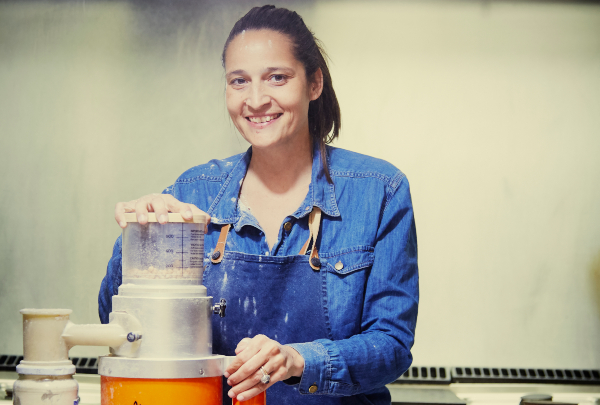
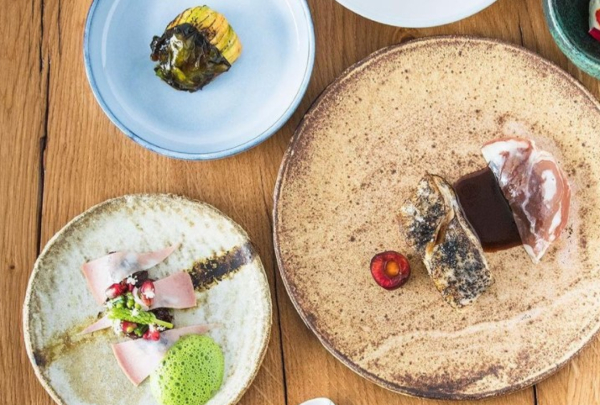
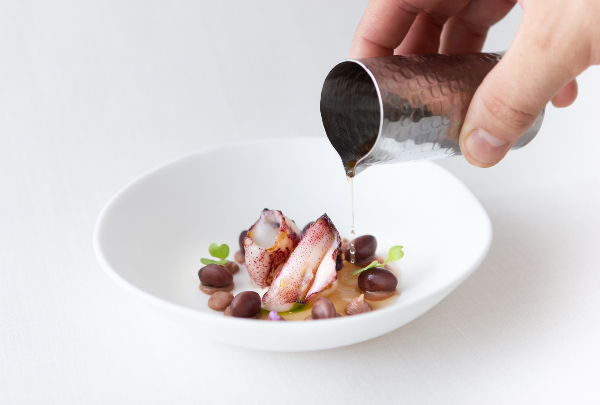
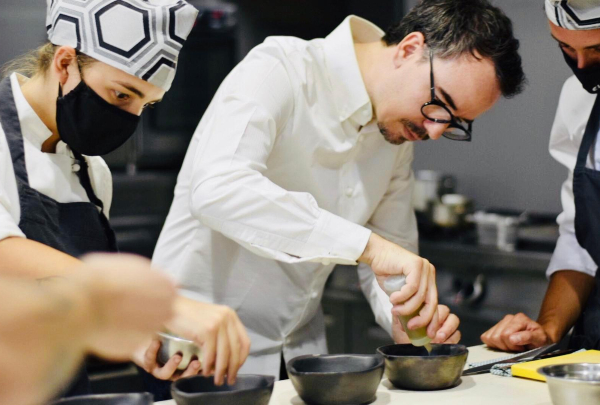
.jpg)
